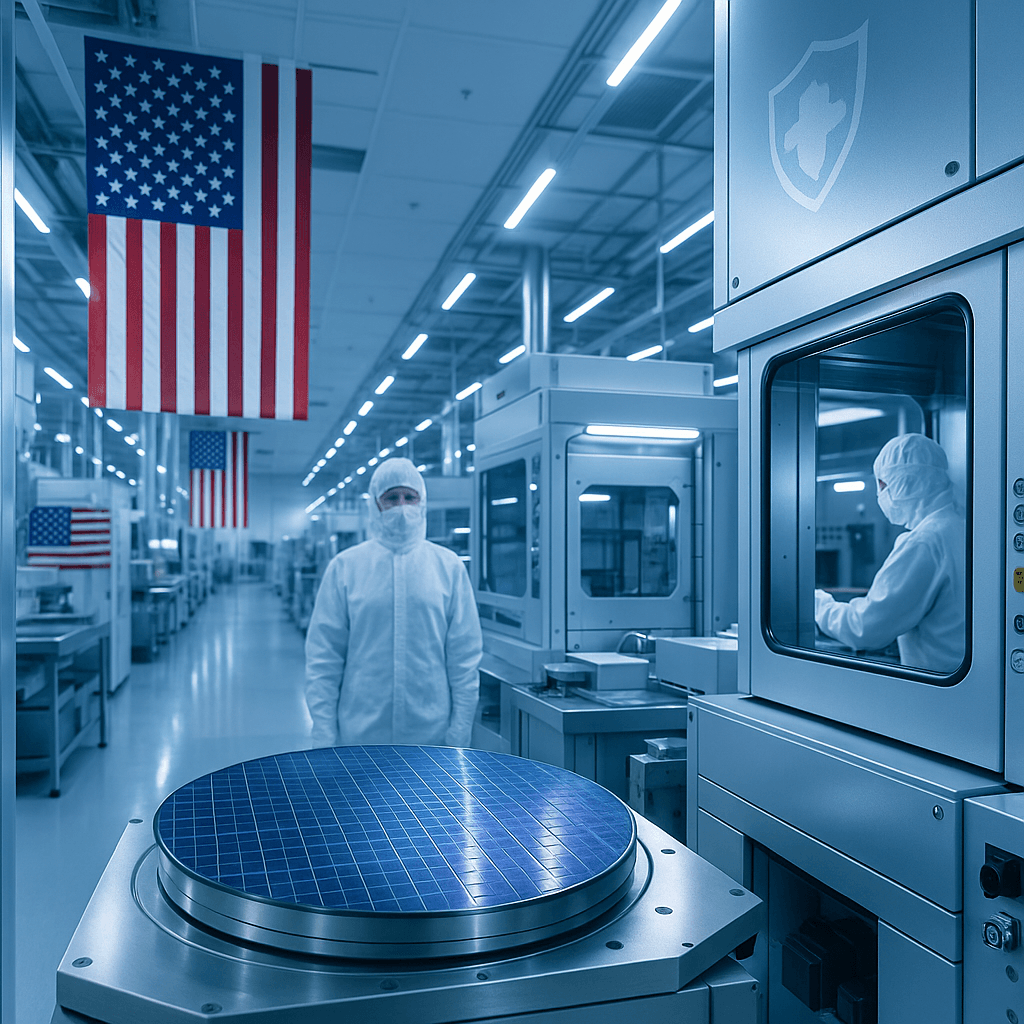TL;DR:
• Analyst calls government Intel stake "essential" for national security amid Trump admin considerations
• Intel shares jump 4%, tracking toward best week in 25+ years on intervention speculation
• CHIPS Act funds could structure potential government equity position
• Move aims to reduce U.S. reliance on Samsung and TSMC for critical chip manufacturing
A government stake in Intel is "essential" for national security, analyst Gil Luria declared Friday as the Trump administration weighs unprecedented intervention in the struggling chipmaker. The bombshell assessment comes as Intel shares surge over 4% on reports the White House could use CHIPS Act funds to take an equity position in America's last major semiconductor manufacturer.
D.A. Davidson's Gil Luria just delivered the most forceful defense yet of potential government intervention in Intel, calling it a national security imperative that transcends traditional free-market principles. "We're all capitalists," Luria told CNBC's Squawk Box Friday morning. "We don't want government to intervene and own private enterprise, but this is national security."
The comments landed as Intel shares climbed over 4%, putting the beleaguered chipmaker on track for its best week in more than 25 years. The surge follows Bloomberg's bombshell report Thursday that the Trump administration is actively discussing taking a government stake in the company.
Intel declined to comment on the reports, but the market reaction speaks volumes about investor appetite for dramatic intervention. The stock has been hammered in recent years as the company lost ground to competitors and struggled with manufacturing delays that opened the door for Taiwan Semiconductor and Samsung to dominate critical chip production.
Luria's national security argument centers on America's dangerous dependence on foreign manufacturers for the semiconductors that power everything from smartphones to weapons systems. "We can't rely on somebody else making shell casings for our nuclear arsenal," he said, drawing a stark parallel between chip manufacturing and military hardware. President has repeatedly called for more high-end technology production to return to U.S. soil.
